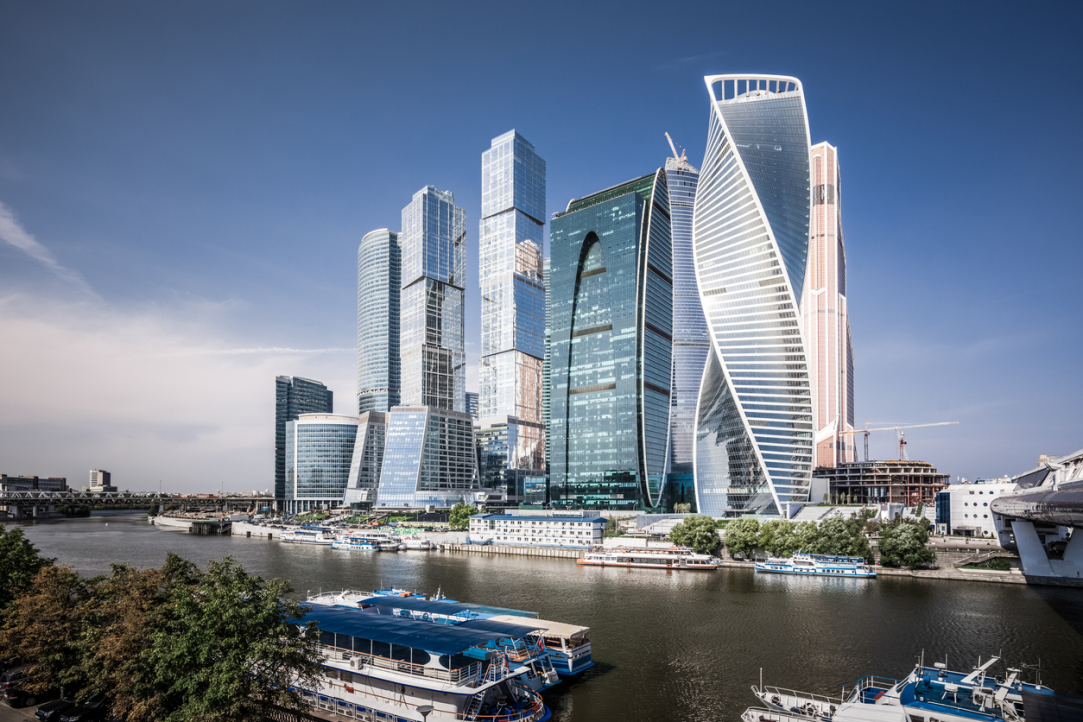Study Global Trends in International Trade in Moscow

The new HSE Master’s programme ‘Law of International Trade, Finance and Economic Integration’ invites applications for the coming 2019-2020 academic year. Qualified students who wish to specialize in international economic law and work in international environments, such as international organizations, international law firms, and international business corporations, are encouraged to apply.
The programme presents a unique opportunity to study global trends in international trade and investment regulation with an emphasis on Eurasia. Associate Professor Vladislav Starzhenetsky, First Deputy Dean of the Faculty of Law and the Academic Director of the programme, describes its challenges and advantages.
Get High-Demand Expertise for a Career in International Law
This programme is unique in that its courses are taught not only by HSE faculty members, but international visiting professors and practicing lawyers as well. Lawyers invited to teach in the programme have extensive experience in international economic relations and international trade disputes settlements.
Our programme prepares students to work in export-oriented companies and investment banks, international and Russian law firms, business entities that implement investment projects in foreign countries, national governments, and international organizations (WTO, World Bank, IMF, OECD, WIPO, ICSID, EU, EEU and others).
Programme graduates will gain knowledge and expertise in the following subject areas:
Regulation of International Trade and Commerce;
International Standards and the Best practices in International Economic Law;
Compliance and Risk Analysis of Complex Legal Issues in International Economic Relations;
Drafting of International Treaties, Legal Opinions and Court Documents;
Negotiation and Resolution of Disputes in Multinational Environment.
Programme Tracks
The Programme consists of four tracks, each of which focuses on a crucial area of expertise for international lawyers specializing in international economic relations.
The first track covers the fundamental areas of international economic law.
Among these areas are: Contemporary International Economic Law; Negotiations and Resolution of International Economics Disputes; International Trade, Global Finance, and Sustainable Development; as well as Legal Research and Legal Writing;
The second track is dedicated to the study of different economic unions and their corresponding legal issues. Courses cover the institutional foundations of Eurasian economic integration, as well as the regulation of different sectors of economy within the Eurasian Union (Law of the Eurasian Economic Union). In the same block, we also study in detail the Law of the European Union.
The third track concentrates on regulation of trans-border movement of goods and services. Of particular focus are World Trade Organization law, global standards and requirements, as well as the functioning of regional free trade zones (Law and Jurisprudence of the World Trade Organization). The track includes special courses, such as International Business Law, and International Intellectual Property and Information Law.
The fourth track is dedicated to transnational movement of capital, standards of protection, and guaranties of investors’ rights. Among the disciplines of this track are: International Financial Law; International Investment Law; International Regulation of Countering Money Laundering and Financing of Terrorism and Corruption.
Who Is the Programme for?
This programme is designed for students who want to specialize in international trade regulation, investment, finance, countering money laundering, anti-corruption, international economic sanctions, and/or resolution of international economic disputes. This programme is ideal for students with a Bachelor’s degree in Law. However, students with degrees in International Relations, Public Administration, Business and Management, or World Economy are also encouraged to apply.
Do I Need to Speak Russian to Study in this Programme?
The language of instruction is English. Knowledge of Russian is not required. Students from all countries are encouraged to apply—including those who intend to work in Eurasian Economic Union countries, a region which figures prominently in the programme curriculm.
How to Apply
To read more about the admissions process, visit International Admissions website. Applicants to the Master’s programme in International Trade Law should submit the following documents – a CV, diploma and academic transcripts, English proficiency certificate, recommendation letters and a motivation letter as part of their portfolio. Successful applicants with highly scored portfolios are eligible for full or partial scholarships (up to 50%).
Vladislav Starzhenetsky
Academic Director of the Programme 'Law of International Trade, Finance and Economic Integration'
See also:
‘The Northern Sea Route Is an Efficient Transport Communication Channel to Deliver Goods Sold on Trade Platforms’
The Northern Sea Route has a key role to play in developing Russia's export potential in the Asia-Pacific region. As the current situation requires a reorientation of export flows from Europe to Asia, this route is taking on a new significance in the search for effective transport communication with Indian and Chinese markets. An Arctic Research session was held at the XXIII Yasin International Academic Conference.


